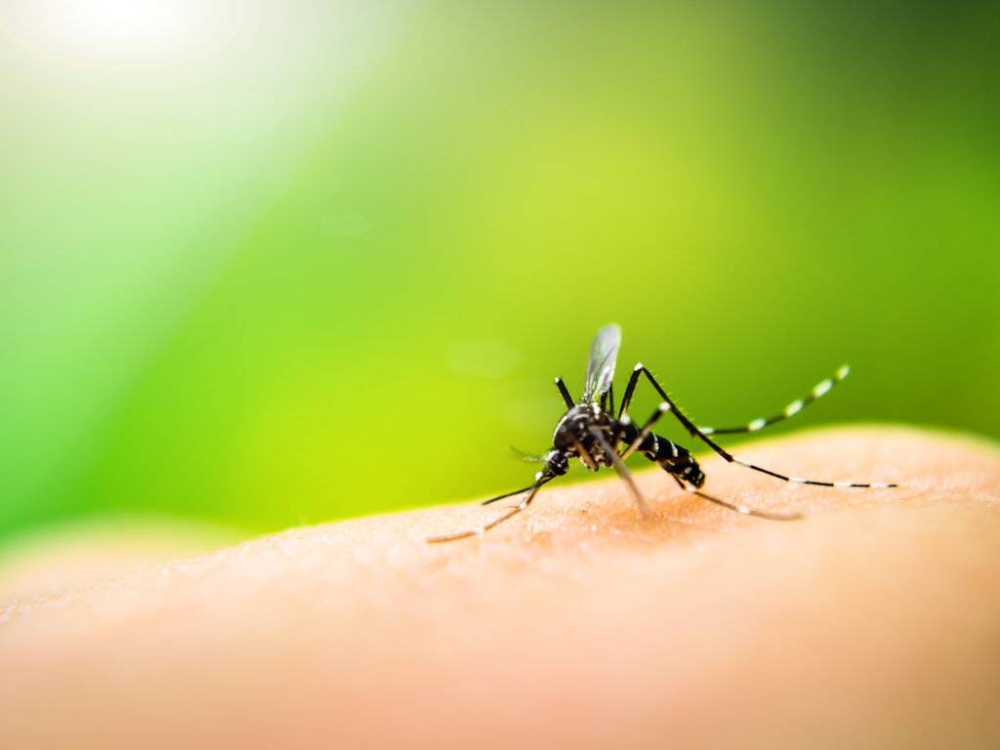Drastic increase in zoonotic malaria cases in Malaysia poses new threat

SHAH ALAM - Malaysia is facing a rising threat of zoonotic malaria as there has been a drastic increase in the number of cases recorded since 2008, said health minister Khairy Jamaludin.
In a press statement in conjunction with World Malaria Day 2022, Khairy said a total of 3575 cases were recorded last year compared to 376 cases reported 13 years ago.
Zoonotic malaria, caused by the deadly Plasmodium knowlesi parasite, is transmitted to humans from monkeys via mosquito vectors.
Khairy added that zoonotic malaria had been the main contributor of malaria-linked deaths in the country since 2017, however no fatality figures were revealed.

“Rapid land clearing for farming is the result of the increased human-animal exposure. Animals are the main hosts of zoonotic malaria.
“However, the ministry was able to enhance its ability to diagnose zoonotic malaria through polymerase-chain-reaction (PCR) tests.
“The challenge is to manage zoonotic malaria in the absence of a vector control method in curbing the spread of the infection outside the home,” he said.
Despite the increase in zoonotic malaria cases, Khairy added that the country managed to maintain zero indigenous human malaria cases from 2018 to 2021.
He attributed the success of curbing the human malaria infection with the ministry’s strategies and innovation such as the use of treatments like Artemisinin Combination Therapy (ACT) among others.
But this is not a reason to be complacent as Malaysia is still at risk of being re-exposed to human malaria infections.
There are reports of imported malaria cases among the newly arrived foreign workers returning from malaria-endemic countries.
Khairy said the Health Ministry has taken measures to conduct screenings for malaria at selected entry points.












